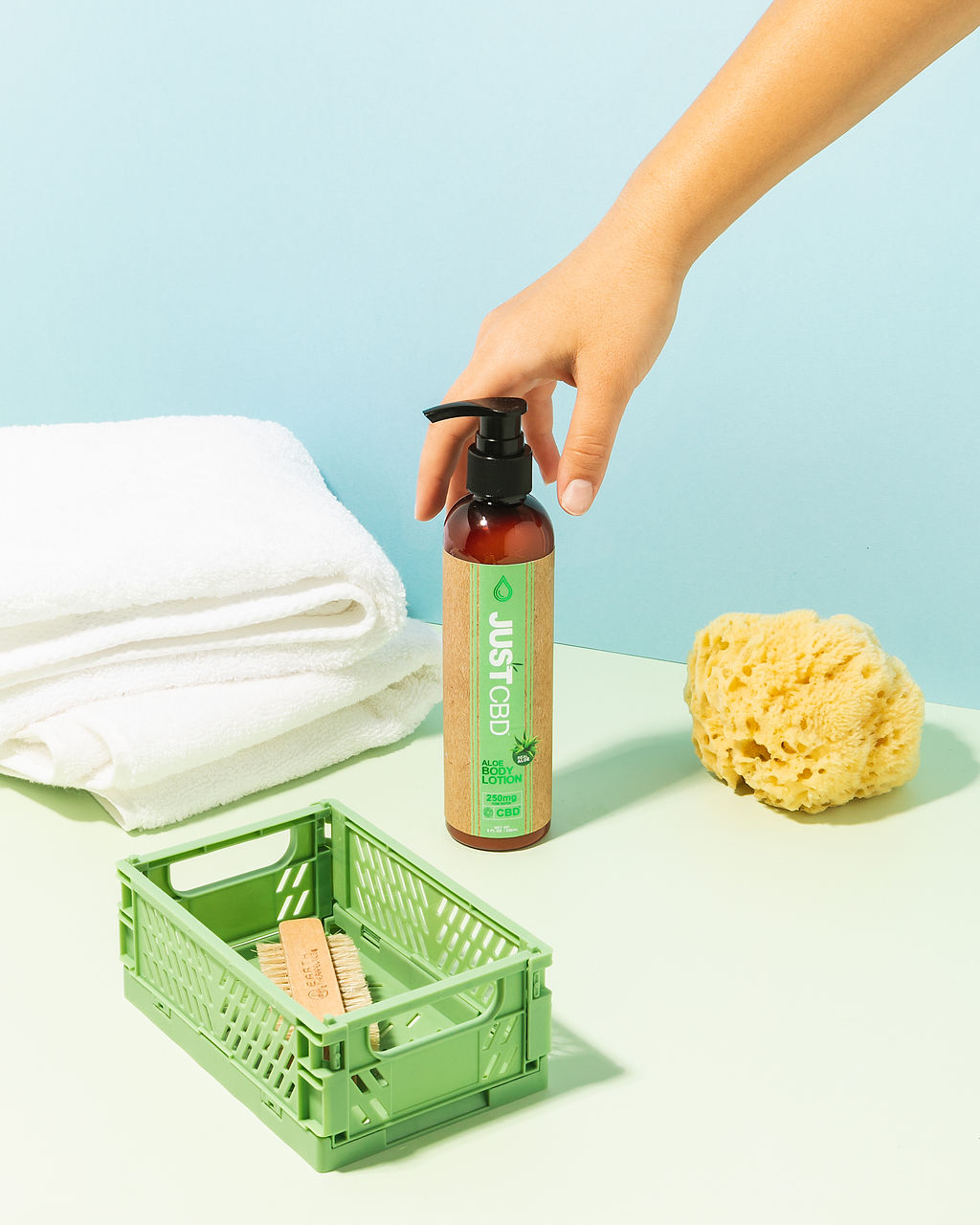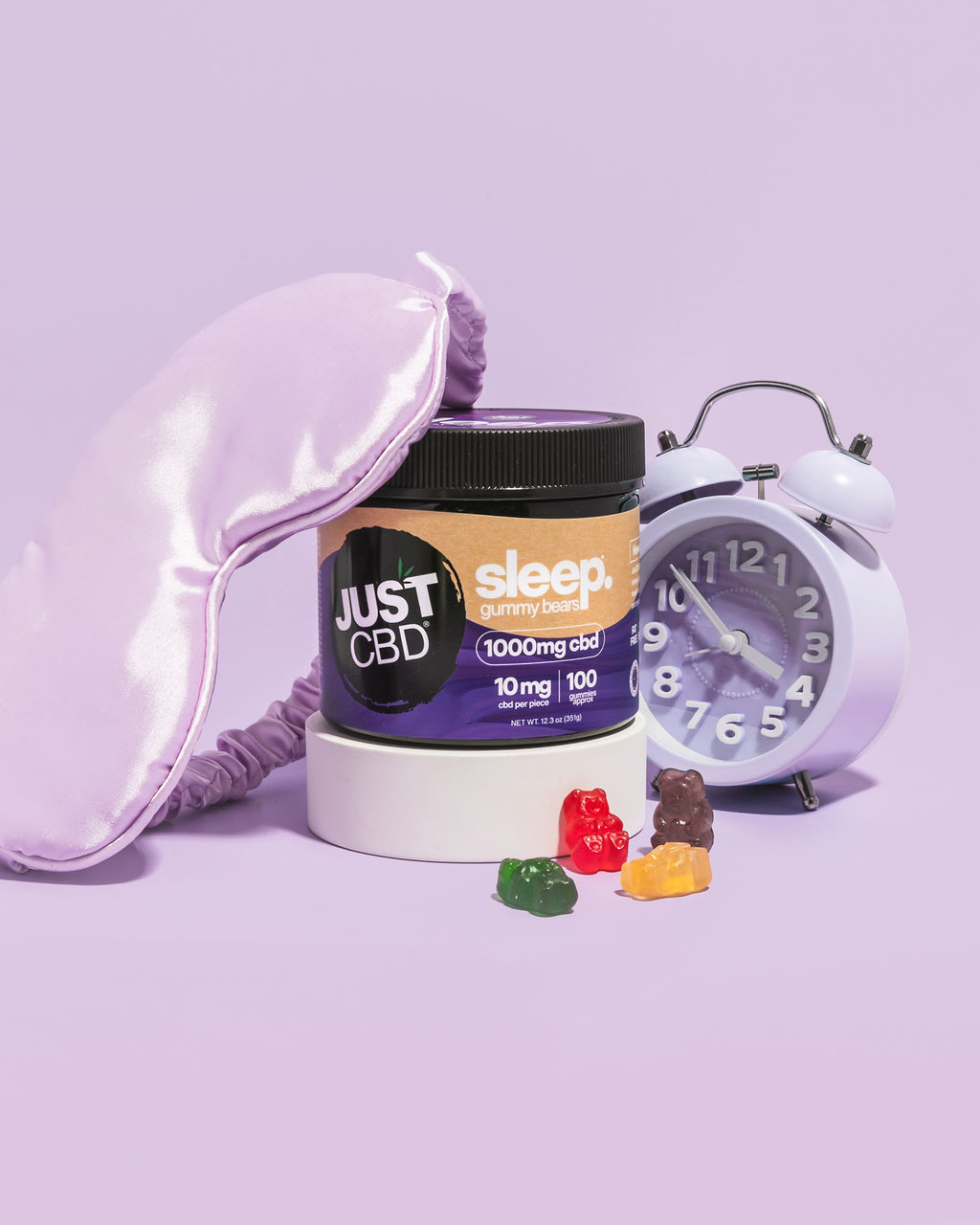Cannabidiol (CBD) has gained significant attention in recent years due to its potential health benefits. While CBD products such as oils, tinctures, and edibles are common, CBD capsules have become increasingly popular for their convenience and easy-to-use format. They provide a consistent dosage and can be easily incorporated into daily routines. However, to experience the full benefits of CBD, it’s essential to understand how to safely use CBD capsules, including proper dosage, timing, and best practices.
In this article, we’ll explore the necessary information to help you use CBD capsules safely and effectively.
Understanding CBD Capsules
CBD capsules are a popular form of CBD consumption due to their discreetness, portability, and ease of use. They are small, pre-measured doses of CBD in a convenient pill form. Typically, CBD capsules contain CBD extract from the hemp plant and may be formulated with additional ingredients such as terpenes, essential oils, or other cannabinoids to enhance the effects. These capsules are ingested orally and are metabolized by the digestive system before entering the bloodstream.
Types of CBD Capsules
There are a few different types of CBD capsules on the market, including:
- CBD Isolate Capsules: These capsules contain 100% pure CBD with no other cannabinoids or compounds from the hemp plant.
- Broad-Spectrum CBD Capsules: These capsules contain CBD along with other beneficial compounds, including terpenes and flavonoids, but without THC.
- Full-Spectrum CBD Capsules: These capsules contain a full range of cannabinoids, terpenes, and other plant compounds, including trace amounts of THC (usually below 0.3%).
Benefits of CBD Capsules
- Convenient and Discreet: CBD capsules are portable and easy to take. This makes them a great option for individuals who need to take CBD while on the go.
- Pre-measured Doses: Each capsule contains a specific amount of CBD, making it easier to track and control your dosage.
- No Taste: Unlike CBD oils or tinctures, which may have a strong, earthy taste, CBD capsules have no taste, which can make them a more palatable option for some users.
How to Safely Use CBD Capsules: Dosage
One of the most important aspects of using CBD capsules is ensuring you’re taking the correct dosage. The right dosage can vary significantly between individuals, depending on factors like body weight, the condition being treated, and individual tolerance to CBD. However, there are general guidelines that can help you determine a safe and effective dosage.
Start with a Low Dose
When you first start using CBD capsules, it’s recommended to begin with a low dose, typically around 10-15 mg of CBD per capsule. This allows you to assess how your body responds to the product without overwhelming your system. Starting low also helps you avoid potential side effects such as drowsiness or digestive discomfort.
Gradually Increase the Dose
After starting with a low dose, you can gradually increase the dosage as needed. A common approach is to increase the dose by 5 mg every few days until you achieve the desired effects. This gradual increase helps you identify the optimal dosage for your body while minimizing the risk of adverse effects.
Consider Your Body Weight
Your body weight is one of the factors that may influence the appropriate CBD dosage. Individuals who weigh more may require a higher dosage compared to those who weigh less. A general guideline is 1-6 mg of CBD per 10 pounds of body weight. For example, a person who weighs 150 pounds may require between 15 and 90 mg of CBD daily, depending on their specific needs and tolerance.
Pay Attention to Potency
Different CBD capsules come in varying potencies, typically ranging from 10 mg to 50 mg per capsule. It’s important to check the product label to determine the concentration of CBD in each capsule and adjust your dosage accordingly. For instance, if a capsule contains 25 mg of CBD, you may want to start with half a capsule if you’re new to CBD or aiming for a lower dosage.
Be Consistent
Consistency is key when using CBD. To achieve the best results, take your CBD capsules at the same time each day. This helps maintain a steady level of CBD in your system, which may enhance its effects. Be patient, as it may take a few days to a few weeks to experience the full benefits of CBD.
Timing: When to Take CBD Capsules
The timing of when you take CBD capsules can also impact how effectively they work for you.
Morning or Evening?
The best time to take CBD capsules depends on your goals and daily routine. For individuals seeking relief from anxiety, stress, or discomfort during the day, taking CBD capsules in the morning may be beneficial. On the other hand, if you’re using CBD for relaxation or sleep support, taking CBD capsules in the evening, around 30-60 minutes before bedtime, may promote restful sleep.
With or Without Food?
CBD capsules can be taken with or without food. However, it’s important to note that taking CBD with food, especially fatty foods, can enhance absorption. Since CBD is fat-soluble, consuming it with a meal containing healthy fats, like avocado or olive oil, may increase its bioavailability. Therefore, if you’re looking to maximize the effectiveness of your CBD, consider taking it with food.
Be Mindful of Your Routine
If you have a specific time during the day when you experience the symptoms you want to address, such as pain or anxiety, timing your CBD intake around that period can be helpful. By doing so, you can ensure that the CBD is most effective when you need it most.
Best Practices for Using CBD Capsules Safely
To ensure you’re using CBD capsules safely and effectively, follow these best practices:
Consult with a Healthcare Provider
Before starting any new supplement regimen, it’s always a good idea to consult with a healthcare professional, especially if you’re pregnant, breastfeeding, or taking medications. A doctor can help you determine the most appropriate dosage and ensure CBD won’t interfere with any other treatments you may be using.
Choose a High-Quality Product
Not all CBD products are created equal, and the quality of CBD capsules can vary widely between brands. Look for capsules that have been third-party tested for purity and potency. This ensures that you are getting a product free of contaminants and that the dosage stated on the label is accurate.
Monitor Your Body’s Response
As you begin using CBD capsules, take note of how your body responds. Keep track of any changes in symptoms, side effects, or overall well-being. If you experience any adverse effects, such as dizziness, nausea, or fatigue, consider reducing the dosage or consulting with your healthcare provider.
Avoid Overuse
While CBD is generally considered safe, using excessive amounts can lead to unwanted side effects, such as fatigue or digestive discomfort. Stick to the recommended dosage, and if you feel the need to increase it, do so gradually. Overuse can also be costly, as CBD products can be expensive, so it’s essential to avoid taking more than necessary.
Store Your CBD Capsules Properly
To ensure the potency and freshness of your CBD capsules, store them in a cool, dark place, away from direct sunlight. This helps prevent the breakdown of CBD and extends the shelf life of the product. Avoid storing capsules in places with high humidity, such as bathrooms, as moisture can affect the integrity of the capsules.
Conclusion
CBD capsules provide a convenient and effective way to incorporate CBD into your daily wellness routine. By starting with a low dose, gradually increasing your dosage, and paying attention to timing, you can safely experience the potential benefits of CBD. Remember to choose high-quality products, consult with your healthcare provider, and monitor your body’s response to find the optimal dosage and timing for your needs. With proper use and consistency, CBD capsules can support overall health and well-being.
Personal Review of Just CBD Capsules: A User’s Perspective
As someone who has recently ventured into the world of CBD, I’ve tried a few different products to see how they could fit into my daily wellness routine. After reading up on the benefits of CBD and hearing positive reviews, I decided to give Just CBD’s Full-Spectrum CBD Gel Capsules and Full-Spectrum CBD Capsules with Melatonin a try. I’ve been using these products for a while now, and I wanted to share my experience, what I liked, and what could use a little tweaking.
Just CBD Full-Spectrum CBD Gel Capsules

Just CBD Full-Spectrum CBD Gel Capsules
My Experience
I started with the Full-Spectrum CBD Gel Capsules, which have 25mg of CBD per capsule. Right off the bat, I was impressed by how easy they were to incorporate into my day. These capsules are sleek, easy to swallow, and there’s no weird aftertaste (which I’ve experienced with other CBD oils and gummies). I appreciate that each capsule is pre-measured, so there’s no guesswork involved.
What I Liked
The thing I noticed the most after using these capsules for a few weeks was how they helped me feel more relaxed and at ease throughout the day. As someone who deals with stress and occasional anxiety, I noticed that taking one of these capsules in the morning helped me start my day on a calmer note. I didn’t feel “high” or drowsy, just a nice sense of calm without any mental fog. I also love the fact that these are full-spectrum capsules, meaning I get the benefits of not just CBD but other cannabinoids like CBG and CBC, which some studies suggest could enhance the overall effects through the “entourage effect.”
What I Didn’t Like
The only thing I wish was a bit different is the potency. While 25mg works for me most of the time, there are days when I feel I could use a bit more to manage tougher stress levels. A higher dosage version would be great for those of us who need a little extra relief.
Final Thoughts
Overall, I would recommend these capsules to anyone new to CBD or looking for a more straightforward, mild product to help with stress and overall wellness. The consistency of the dosage is a huge plus, and the gentle effects are perfect for everyday use.
Just CBD Full-Spectrum CBD Capsules with Melatonin

My Experience
After experiencing some success with the regular CBD capsules, I thought I’d give the Full-Spectrum CBD Capsules with Melatonin a shot, as I struggle with sleep from time to time. Each capsule in this bottle contains 25mg of CBD along with 5mg of melatonin, designed to promote relaxation and sleep. I took these about an hour before bed for the first time, and I have to say, I was surprised at how quickly they worked.
What I Liked
First off, the combination of CBD and melatonin is fantastic for promoting deep, restful sleep. I’ve struggled with falling asleep quickly, but these capsules helped me wind down and drift off faster than usual. The melatonin gives just the right amount of sleep support without leaving me groggy the next day. I woke up feeling refreshed, which isn’t always the case with other sleep aids I’ve tried in the past. The capsule format is also great because I don’t have to fiddle around with liquid tinctures or gummies — I just take a capsule and wait for the magic to happen.
What I Didn’t Like
One downside, however, is that I don’t always need melatonin every night, so it might not be ideal for people who want to use CBD solely for daytime relaxation or stress relief. Also, while the capsules worked wonders on some nights, on others, I felt like I needed a little more to get that restful sleep, especially if I’ve had a particularly stressful day. Again, a stronger dosage might be something to consider.
Final Thoughts
If you struggle with sleep and need a little extra help falling asleep, these capsules are a game-changer. The balance between CBD and melatonin works well for me, and I now take them regularly when I need a good night’s rest. However, if you’re just looking for CBD’s calming effects without the added melatonin, you might want to stick with the regular CBD capsules.
Comparison: Which One is Right for You?
When comparing both products, it really comes down to your needs:
- If you’re looking for overall stress and anxiety relief during the day, the Full-Spectrum CBD Gel Capsules are a great option. They provide a gentle, relaxing effect without affecting your energy levels or focus.
- If you’re struggling with sleep issues and need something to help you unwind and fall asleep, the CBD Capsules with Melatonin would be a better fit. The melatonin gives that extra support for sleep without leaving you groggy.
Final Recommendation
If you’re looking to try something simple and effective, Just CBD’s products are definitely worth considering. The convenience of CBD capsules is unbeatable, and the quality of Just CBD products is top-notch. For daily stress relief, I’d recommend the regular CBD Gel Capsules. But if you want to improve your sleep, the CBD Capsules with Melatonin are my go-to for a peaceful night’s sleep. Either way, you’re getting a high-quality product with reliable effects.
Hope this helps, and happy CBD-ing!
How do I determine the right dosage of CBD capsules?
The right dosage of CBD capsules can vary depending on factors like your body weight, tolerance, and the effects you are seeking. A common starting dose is 10-25mg per day, and you can gradually increase it based on how your body responds. It’s best to start with a low dose and work your way up to find your optimal dosage.
When is the best time to take CBD capsules?
The best time to take CBD capsules depends on your specific needs. If you’re using them for stress or anxiety relief, taking them in the morning or throughout the day may be beneficial. If you’re using CBD to improve sleep, taking the capsules about an hour before bedtime is ideal, especially if they contain melatonin.
Can I take CBD capsules with other medications?
CBD can interact with certain medications, especially those processed by the liver. It’s important to speak with your healthcare provider before starting CBD if you’re taking other medications to avoid potential interactions.
How long does it take for CBD capsules to work?
CBD capsules typically take longer to take effect compared to other forms of CBD like oils or vapes. It may take anywhere from 30 minutes to 2 hours for the effects to kick in, as the CBD needs to be digested and absorbed through the gastrointestinal system.
Will CBD capsules make me feel “high”?
No, CBD is a non-psychoactive compound, meaning it does not produce the “high” associated with marijuana. Full-spectrum CBD capsules may contain trace amounts of THC, but it’s generally not enough to cause any intoxicating effects.
How do I store CBD capsules?
CBD capsules should be stored in a cool, dry place, away from direct sunlight and excessive heat. A cupboard or drawer is ideal to maintain the product’s potency and prevent it from degrading.
Can I take too many CBD capsules?
While CBD is generally considered safe, taking excessive amounts may cause side effects such as drowsiness, nausea, or digestive issues. It’s important to follow the recommended dosage on the product label and adjust based on your personal needs.
Can I use CBD capsules for pain relief?
Many users report that CBD helps with managing chronic pain and inflammation. Full-spectrum CBD capsules, in particular, may be effective for those seeking pain relief due to the additional cannabinoids and terpenes that work together to enhance CBD’s effects.
Are CBD capsules suitable for beginners?
Yes, CBD capsules are a great option for beginners because they offer a convenient and easy-to-dose way of consuming CBD. Start with a low dose and gradually increase it to see how your body responds.
What’s the difference between CBD capsules and CBD oil?
CBD capsules are pre-dosed, making them easier for users to manage their intake. They also take longer to produce effects since they have to be digested first. CBD oil, on the other hand, can be absorbed more quickly when taken sublingually, offering faster effects, but it may require more effort to measure the correct dose.
Leo Mitchell is a Beauty Branding Specialist with expertise in crafting compelling brand identities for the beauty industry. He combines creativity and market insights to help businesses stand out and connect with their audience authentically.
Latest posts by Leo Mitchell
(see all)




